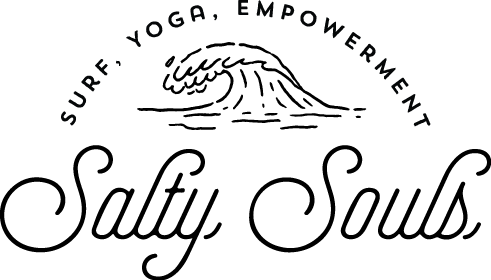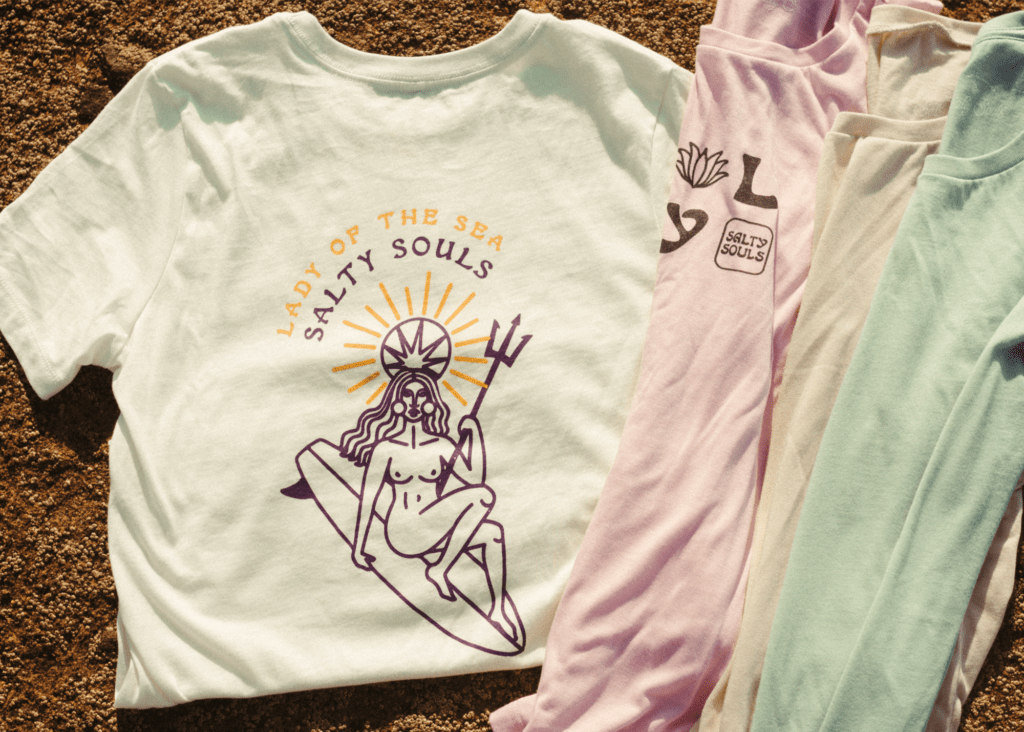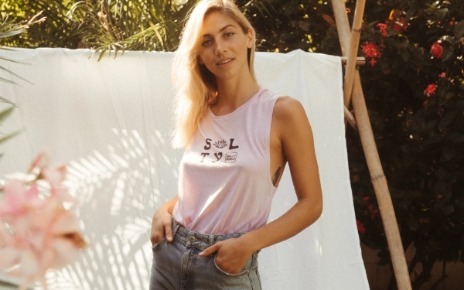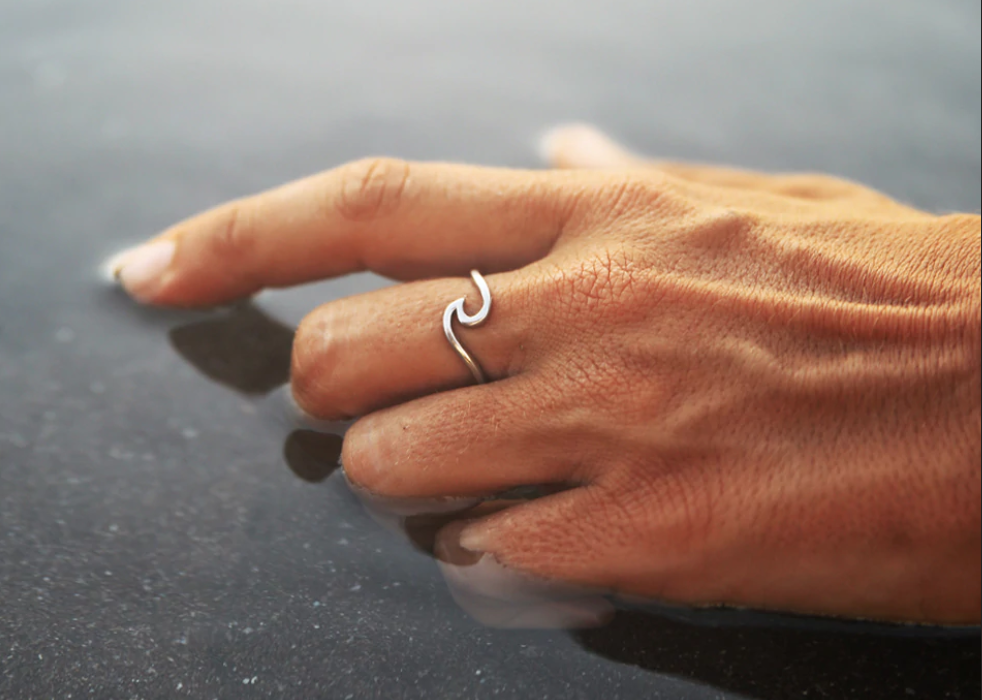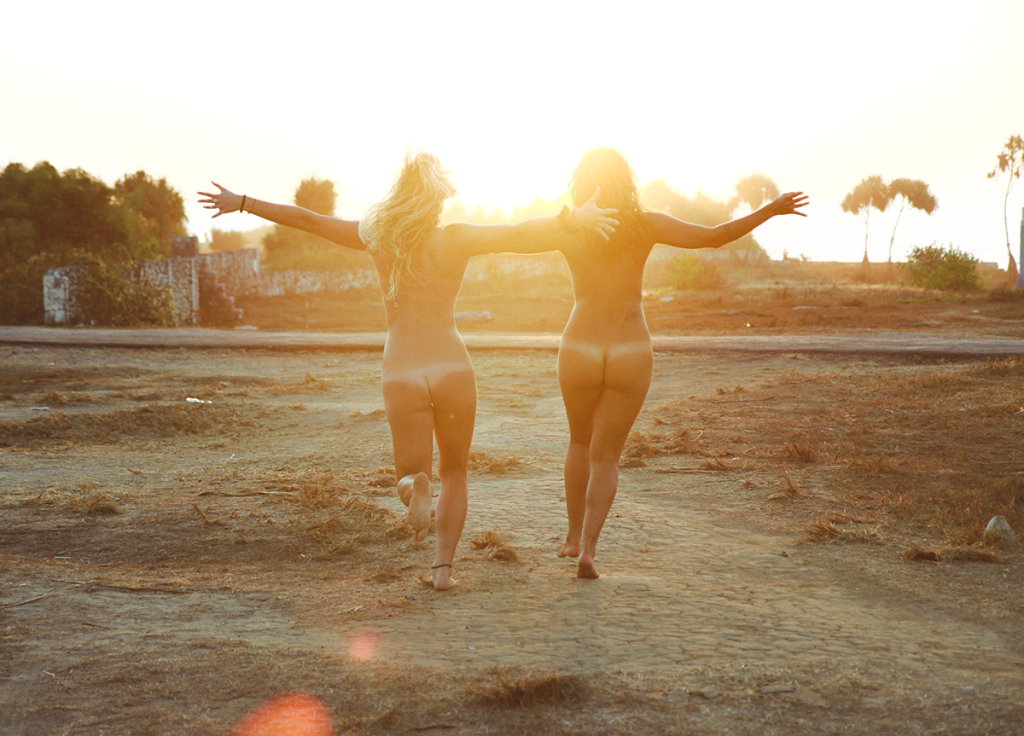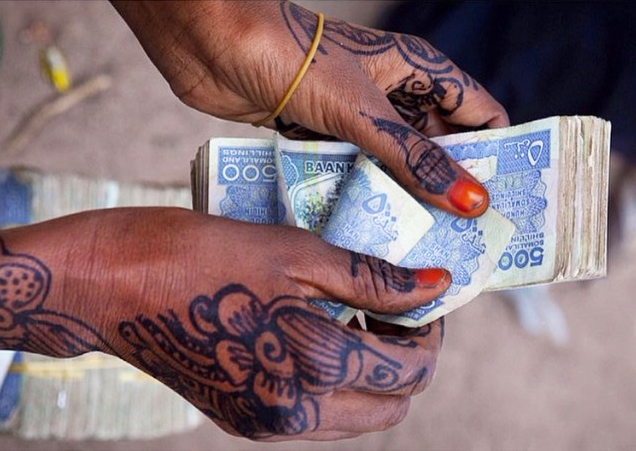The second we learnt that one plus one equals two we assumed it gospel that adding always equals more.
Tom has one car and buys one more: how many does he have?
James has one car but has to sell one: how many does he have?
Lucky Tom.
Poor James.
Right?
It’s that state of constant progression thing again, we reach for happiness with the frantic delirium of the drowning, grabbing at anything that even remotely resembles a buoy.
Adding more stuff.
More money.
More wine to your glass.
More books to your collection.
A house. Then a house with more space, that we in turn need to fill with more stuff.
This is the illusion of abundance constantly acquiring stuff creates. Then we’re in a house with a pile of crap wondering why we’re not still happy.
How many years have you walked this earth? Twenty? Thirty? Forty? For all your thousands of purchases, do any of those purchases make you as ecstatic as the first day you got it and has continued to do twenty four hours a day, seven days a week? No?
So why do we keep acquiring this stuff that isn’t vital to our survival? To prove something to other people? To prove something to ourselves? Or do we hope that the next thing we buy will make us happy, the needle in the haystack?
We all want to be happy. But we’re impatient little suckers, and want to be happy right now and want tangible proof of that happiness, something to touch and measure and hang on our wall like “hell yeah, that is a nice looking happiness.”
Tom with two cars car and James with none is no indication of either men’s happiness or quality of life whatsoever.
James might have lost his car but acquired the ability to use his legs and walk around more, breathe in the fresh air and drink in the sights. He does not have a large chunk of metal binding him to a particular place. James might have lost a car but in it he might have gained a more harmonious quality of life; a taste of true abundance.
More often than not you can’t really say “I had the craziest epiphany the other day where I realized true happiness resides only in myself and it is up to me to access it” as general small talk with people at social functions (something i’ve had to accept the hard way). But it’s all too easy to talk about the beautiful new shoes we bought or the car loan we just got approved for, because these are things for whatever reason we’re allowed to be excited about. Not too intimidating, not too existential. Amongst each other we’re allowed to be excited about something everyone can see, touch, know it’s monetary worth. But I hate this. It feels like it just continues the cycle and collective consciousness that happiness= material gain.
Objects are nothing more than objects and while can inflect meaning onto them, we can’t draw true contentment from the object itself.
I was sick of feeling the novelty and excitement of acquiring something new wane, that empty disappointment that always followed when I got something I thought I wanted. I was sick of feeling the cravings return once my conscience decided on the new thing I just had to have. I looked around and saw the crap that filled all the spaces of my shelves, my drawers, my kitchen. It was then I understood I was creating my own suffering by trying to buy happiness from always looking to acquire more.
When this illusion lifted for me it felt like i’d been hit by a train. I once again felt an emptiness I couldn’t explain, and was grappling at anything to placate the void. It wasn’t a painful ache, but an uncomfortable one. The feeling of yearning for something but you don’t even know what it is. I went through the usual rigmarole of excess and vices, knowing each time it wasn’t going to dull the ache.
“Some people are so poor, all they have is money”- Timber Hawkeye
In a very “stop hitting yourself, stop hitting yourself” fashion, I had worked out I could keep grappling at external sources for a few more decades or I could get started on unlearning this “solution” of forever adding more. And stop. And start taking some stuff out.
It’s a bit of an addiction, the act of swiftly disposing of the world you’ve spent your whole life creating. You might throw out a few clothes here and there. Then maybe something bigger, like a chest of drawers or a table. A friendship that doesn’t serve you.
People come to realizations and change their lives differently. Some by degrees over years and some all at once in a passionate rush. There is no correct way except for the way that’s right for you. I’m not urging you to throw out all your stuff at once and start on a clean slate because i’m sure not brave enough to do that and right now it’s not practical. But if you do decide to do that that’s okay too. Awesome, actually.
I know for me, it’s definitely not the last time i’m going to buy a bottle of wine to drink surrounded by the people I love. And I’m such a sucker for the warm-paper smell of crisp fresh books, pristine and untouched for me to devour, dog-ear, spill tea on, write notes and doodles in the margins. I just know the impermanence of the joy these things bring me. The wine buzz fades. I reach the end of the book and then I just have another object creating clutter. That’s the cyclic nature of searching for happiness in external sources. It goes up and down. It ebbs and flows. It continually jumps between suffering and not suffering.
So the next time we feel some sort of emptiness in our lives, let’s not rush to fill the void straight away. Why don’t we take something out instead, and see how that goes? And when we start to adapt to making-do with what we already have, that is when we will finally start to appreciate everything and experience true abundance.

